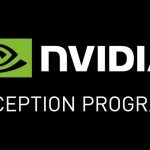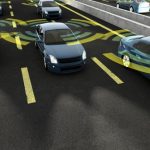EU, Japan to connect for faster autonomous car rollout
EU, Japan to connect for faster autonomous car rollout1

The Japanese government has announced a plan to connect its global positioning system with the European Union’s Galileo to speed the deployment of autonomous cars in both regions.
It follows some Japanese firms complaining that the Quasi-Zenith satellite system (QZSS) is incapable of working for consumers outside of Japan, because it is unable to speak in a common digital language. That will change with the Galileo partnership, letting the satellite communicate with the EU’s 30 satellite constellation that spans the globe.
See Also: Japan and Germany allying over IoT standard
Once connected, Japanese automakers will be able to install autonomous tech in cars that work with satellites across the world. Japanese drivers will also be able to take their car on holiday or immigrate with their car, without the fear of systems not working in a new country.
Japan, EU hope deal is done quickly
Officials hope the plan will be ratified by the end of the year, according to Nikkei, but it will take another two years before the satellite systems are linked.
Mitsubishi Electric, Hitachi Zosen, NTT Data, and French defense contractor Thales are all taking part in the discussions, forming the plan and ensuring that other satellite integrations are approved.
The Japanese government has made it a priority to push autonomous cars and other emerging technologies, as it attempts to get the economy back on track. It is already seeing some success: Nippon Ceramic, a parts manufacturer, sells a sensor fitted inside half of all autonomous cars.
Automakers in Japan are some of the most prepared in the industry for the autonomous revolution, according to a report from Lux Research. Toyota leads the pack in business execution, with Hyundai and Honda not far behind in execution or technical value.
The post EU, Japan to connect for faster autonomous car rollout appeared first on ReadWrite.
(20)












